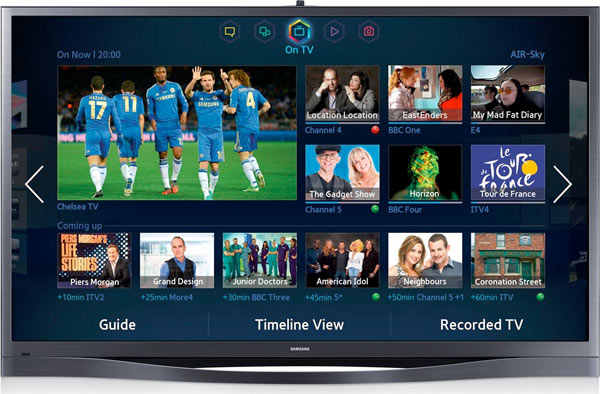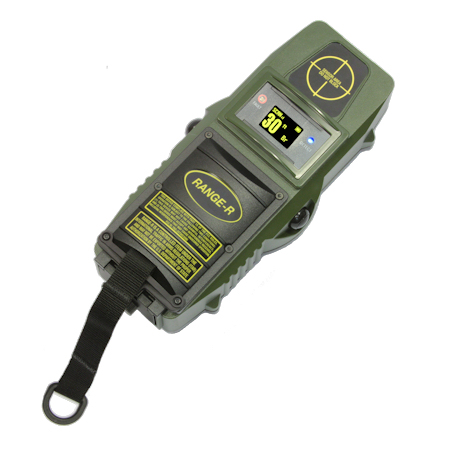
Implementing COVID Regulations
Here in the Netherlands the University system just reopened after a short lockdown (again). There are still restrictions on how many people are allowed into rooms however, a maximum of 75 in any single space. This ruling was introduced last year, and led to some developments that might be of interest to technology fans (and privacy fans I should add).
Counting people manually as they enter and leave a room is a time consuming and expensive approach, so two universities had the idea of using cameras and artificial intelligence to check how many people are in buidings and individual spaces.
Utrecht University ran a trial, while Leiden placed 371 cameras on the walls above the doors to each space.
The Leiden approach however caused a bit of a stink. The cameras were all placed and set up while the students were locked out of the building, the ideal time we might say, to be having people up ladders in front of doors. But such an approach can also be seen as trying to do something without too many people noticing.
And that is how some of the students saw the arrival, and a couple started to investigate for an article in the weekly University student magazine.
Counting entries and exits, well nobody could be against that! The University has to do it by law. So discussion grew around the methods and the cameras and the data.
The university had bought 371 cameras from the Swiss manufacturer Xovis, 600 euro a piece. So the question is what can (and do) they register?
According to company spec, the system is capable of:
Counting students
Following their individual routes
Calculating an individual’s height
Estimating age
Suggesting mood (is an individual happy or angry)
Determining who is a staff member
Counting numbers in groups
Detecting incorrect facemask use.
Now these types of cameras are already in use in airports and shopping centres, to minimize waits (among other things) and to try and calibrate advertising and work out the actual moment that someone choses to buy something. So such data does offer broad analysis possibility.
The slogan used by the manufactures maybe lets the cat out of the bag a bit: ‘Way more than people counting.’
The cameras can of course be set to different levels of data collection and privacy, from level 3 fully anonymous (just numbers of people), to 0, which is a livefeed of the images.
Some Questions
Now I am no expert, but one problem seems to me to be that the system records lots of data, that at some point someone filters before providing their dataset to the customer. Who, when, under which circumstances, who manages security of access, there are a lot of issues here. But they are not all negative. Such a system may be of use in a terrorist incident for example, or other sorts of emergency. You could see why something more expansive might be chosen over a system that just counts movement. But there is a moral as well as practical dilemma in choosing such an overkill solution to a simple problem.
The report the student investigators published in the weekly university magazine showed lots of security issues, and there were protests from the students who wanted the system taken down. Both Utrecht and Leiden have now stopped using the cameras.
But that is not a good result from a responsible innovation perspective. Lots of money was wasted, many people got upset, two sides of an argument were constructed that are at loggerheads with each other.
A change in public participation techniques might have avoided all of this. A lesson to be learned I feel. Informing without debate doesn’t work.
You can read the student report here and a local newspaper report here. All in Dutch though, so you might have to use some translation software.

